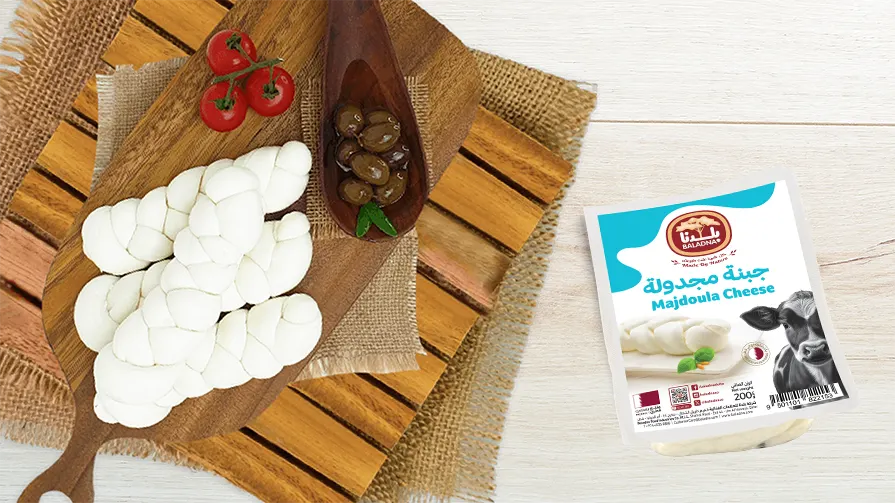
Surprising Reasons Why Yoghurt Is Essential for a Healthy Gut
Who doesn't love a good helping of yoghurt? It's a delicious and nutritious snack that you can enjoy - both to satisfy your sweet tooth or your savory cravings. What’s more, yoghurt offers various health benefits as it boosts your immunity and reduces the risk of certain diseases.
Most importantly, yoghurt contains nutrients, vitamins, minerals, and probiotics that can help keep your digestive system running smoothly. In this article, you'll find out why yoghurt can do wonders for your gut health.
1. Regulates digestive health
Yoghurt plays a key role in keeping your gut healthy and balanced because it is rich in probiotics. These live bacteria and yeasts aid digestive health and help support the growth of healthy bacteria in the stomach. Eating yoghurt with active cultures can help balance bacteria in the digestive system. Additionally, probiotics can help reduce symptoms of irritable bowel syndrome, diarrhea, and other digestive issues.
2. Gives your stomach what it needs
Because yoghurt is so nutritious, it can provide many health benefits. This snack is an excellent source of calcium, potassium, phosphorus, and magnesium, all of which are important minerals and nutrients necessary for a healthy body. These minerals and nutrients help nourish and maintain the digestive system, providing essential support for the body. Additionally, yoghurt is rich in protein, which maintains the integrity of the gut lining and keeps the digestive system healthy.
3. Reduces gut inflammation
Consuming yoghurt can significantly reduce inflammation in the digestive system while maintaining good digestive health. Studies have shown that incorporating yoghurt into your diet can help lower cytokine levels, substances that can cause inflammation. Decreasing inflammation in the digestive tract can improve your digestive well-being and reduce your risk of various digestive issues.
4. Prevents certain diseases
As mentioned earlier, the probiotics in yoghurt restore balance in our gut flora. This means that they help balance the amount of "bad" and "good" bacteria in the gut, which are crucial for the proper digestion and absorption of nutrients and minerals. The same good bacteria can also strengthen our immune system and reduce the risk of irritable bowel syndrome, heart disease, type-2 diabetes, and certain types of cancer like colorectal cancer.
5. Improves mood
Eating yoghurt isn't just good for your physical health, but your mental health as well. Certain studies have shown that probiotics can help reduce stress levels. This is because the "good" bacteria found in yoghurt can help balance the levels of serotonin, the neurotransmitter responsible for regulating mood. With that said, the next time you're feeling down, consider eating some yoghurt to help boost your mood.
A few things to remember
First, when buying yoghurt, you should always check the label to ensure it contains "live and active cultures." This means that the yoghurt contains beneficial bacteria that are alive and active. Second, yoghurt with added sugar is okay, but watching your intake is crucial as too much sugar can be unhealthy. Finally, you should consider buying plain yoghurt and adding some fresh fruit, nuts, or seeds for a nutritious and tasty snack.
It’s yoghurt, a big scoop of nutrients!
Yoghurt offers many benefits to support a healthy gut. Not only is yoghurt a fantastic source of protein, vitamins, and minerals, but it also contains good bacteria that can help digestion and encourage their growth in the gut. Yoghurt also enhances the immune system, reduces inflammation, and helps prevent diseases like diabetes and cancer.
Baladna offers a wide selection of nutritious yoghurt produced from fresh farm milk. It's rich in essential vitamins and minerals and keeps your gut healthy and happy. Contact us to order a cup or tub of Baladna yoghurt!




